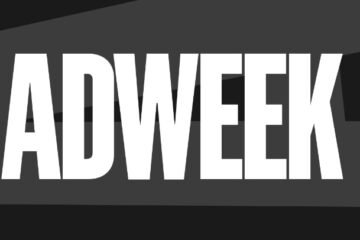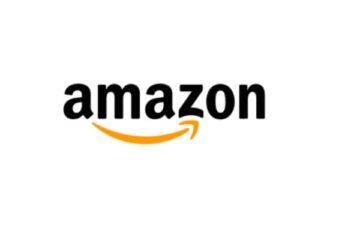Greenwashing is a deceptive practice that involves making false or misleading claims about the environmental benefits of a product, service, or company. It is a serious ethical issue that can harm consumers, competitors, and the planet. A new training and certification program from the Institute for Advertising Ethics (IAE) has been launched to combat greenwashing. The program, called Green Shield, is the first of its kind to incorporate social science research on climate-related communications. It aims to educate and empower advertising professionals to avoid greenwashing and promote truthful and responsible advertising.

What is a green shield?
Green Shield is an online course that can be completed in less than an hour. It is free to take and open to anyone in the advertising industry, such as agencies, brands, media, and regulators. The course covers the concepts and examples of greenwashing, as well as the legal and reputational risks of engaging in it. It also provides practical tips and tools to help advertising professionals create and evaluate green claims and messages.
Green Shield is based on the latest academic research from the Climate Social Science Network at Brown University and the work of Melissa Aronczyk, a media studies professor at Rutgers University. It draws on the insights and expertise of various stakeholders, including the Better Business Bureau, Omnicom, Havas, MasterCard, Microsoft, P&G, advertising lawyer Jeff Greenbaum, and former FTC employees.
Why is a green shield needed?
Greenwashing is not a new phenomenon, but it has become more prevalent and sophisticated in recent years as consumers demand more sustainability and transparency from brands. According to a study by the New York University Stern Center for Sustainable Business, 85% of consumer packaged goods in the U.S. made some kind of environmental claim in 2023, up from 66% in 2015. However, many of these claims are vague, unsubstantiated, or irrelevant, and some are outright false.
Greenwashing can have negative consequences for both consumers and advertisers. Consumers can be misled into buying products or services that do not deliver the environmental benefits they expect or that may even cause more harm than good. Advertisers can face legal actions, fines, bans, or boycotts from regulators, competitors, or activists, as well as damage to their reputation and trust. For example, several airlines, such as Air France-KLM, Etihad Airways, and Lufthansa, had their ads banned by the U.K.’s Advertising Standards Authority (ASA) in late 2023 for misleading consumers about the true impact of their operations.
Greenwashing can also undermine the efforts of genuine and responsible advertisers who are trying to communicate their sustainability initiatives and achievements. It can create confusion and cynicism among consumers, who may lose faith in green claims and messages. It can also hinder the progress of the global ad industry in tackling the climate crisis, which is one of the most important challenges of our time.
How does Green Shield work?
Green Shield consists of four modules that explain the three main categories of greenwashing: factual omissions, factual distortions, and denial. Factual omissions are when advertisers leave out important information that would change the perception of their green claims, such as the trade-offs, limitations, or context of their environmental actions. Factual distortions are when advertisers manipulate or exaggerate the facts to make their green claims more appealing or convincing, such as using vague or ambiguous terms, cherry-picking data, or making comparisons without a clear basis. Denial is when advertisers reject or downplay the existence or severity of the climate crisis or their role or responsibility in it, such as by using false or outdated information, casting doubt on the scientific consensus, or shifting the blame to others.
Each module provides examples of greenwashing tactics, such as paltering, over-indexing, astroturfing, and greenwashing, and how to spot and avoid them. The course also features quizzes and exercises to test the learners’ understanding and application of the concepts. Upon completion of the course, learners can obtain a Green Shield certificate that demonstrates their commitment to ethical and effective advertising.
Who is using Green Shield?
Green Shield was launched in January 2024 and has already attracted interest and participation from various advertising organizations and professionals. One of the early adopters of the program was P&G, the world’s largest advertiser, which delivered the course to 100 of its agencies and external business partners in February 2024. P&G’s chief brand officer, Marc Pritchard, said the company was “proud to support Green Shield and its mission to help the industry avoid greenwashing and drive positive change.”
Other supporters of the program include the World Federation of Advertisers (WFA), the Association of National Advertisers (ANA), the American Advertising Federation (AAF), and the International Advertising Association (IAA). The IAE hopes that Green Shield will become a widely recognized and respected standard for green advertising and that it will inspire more advertisers to join the movement for a more sustainable and ethical industry.






